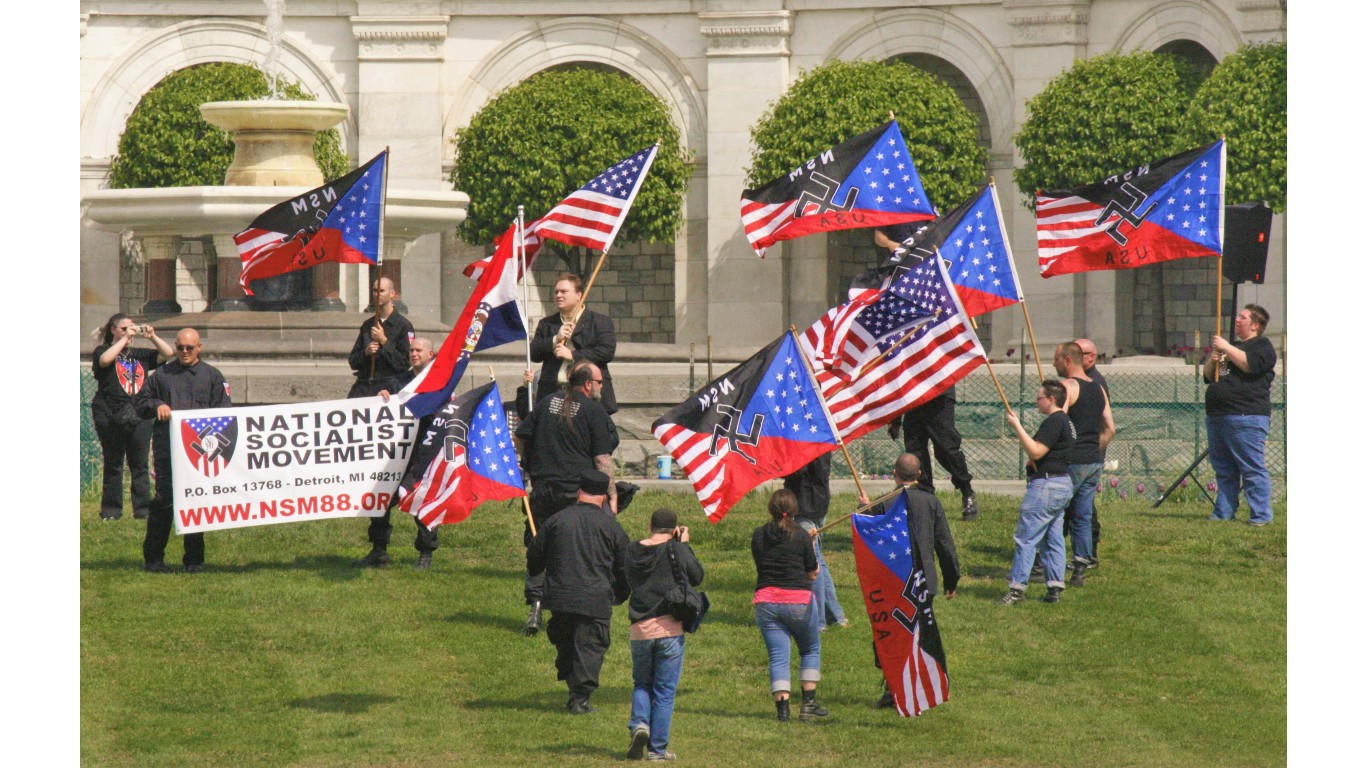
Right-wing extremism is on the rise in the United States – there are over 1,200 extremist groups operating in the United States, according to the Southern Poverty Law Center, a nonprofit legal advocacy organization – and with the increase in far-right ideology comes an increase in violence. According to the Center for Strategic and International Studies, a bipartisan policy research organization, the number of domestic terrorist attacks by far-right extremists rose steadily between 2007 and 2018, more than quadrupling between 2016 and 2017 alone.
The largest number of murders by domestic extremists every year are usually committed by white supremacists, according to the Anti-Defamation League, with 20 out of 25 extremist murders in 2022 linked to perpetrators who espouse white supremacist ideology. (These are the states with the most hate groups.)
To determine 15 terrifying movements popular in the U.S., 24/7 Tempo referred to the Southern Poverty Law Center’s list of extremist ideologies, which identifies and classifies domestic hate and anti-government groups, as well as other sources.
Click here to read more about 15 scary but popular ideologies and movements in the U.S.
Although the ideologies of various extremist groups may differ slightly, many carry the common thread of racism and many overlap. Among the racist ideologies called out by the SPLC are the eco-fascist, neo-Nazi, neo-Confederate, Neo-Völkisch, anti-immigrant, and white nationalist.
Religious extremist ideologies that fall under the Christian umbrella yet support some very un-Christian ideals include radical traditional Catholicism and the Christian Identity movement.
Many of the largest hate groups active in the the U.S., including Patriot Front, ACT for America, and the Proud Boys, subscribe to a number of these terrifying ideologies. (See the states where the Proud Boys grew the most since January 6.)
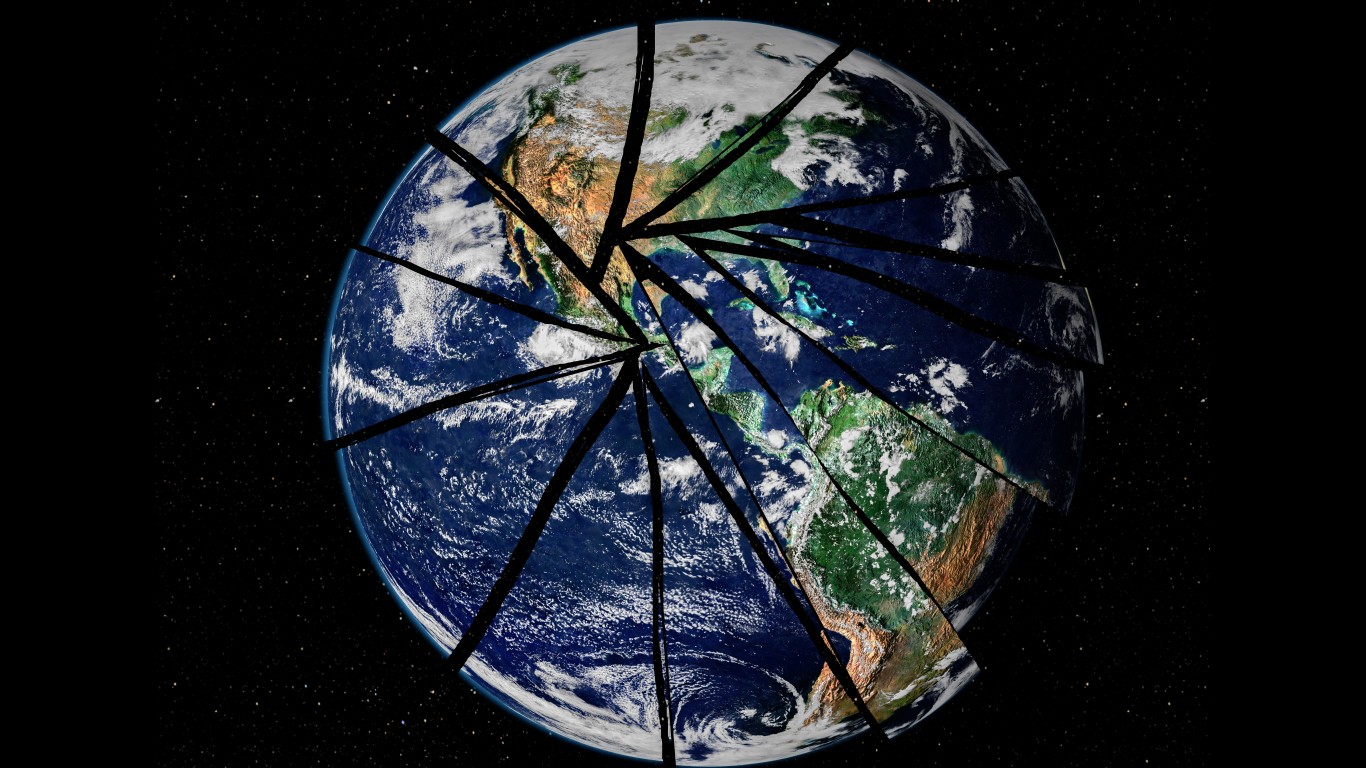
Eco-fascism
Eco-fascism is a political ideology combining environmental concerns with far-right nationalism, often advocating for population control to preserve resources. It uses environmentalism as a cover for xenophobic and racist sentiments, frequently leading to anti-immigration stances. Many eco-fascists advocate for an accelerated collapse of society and support terrorist actions and genocidal sentiments in pursuit of their goals.
[in-text-ad]
Anti-LGBTQ
Anti-LGBTQ ideology rejects or stigmatizes individuals based on their perceived or actual sexual orientation or gender identity. The homophobia, heterosexism (the belief that only male-female sexual relations are normal), and cisnormativity (the belief that everyone’s gender is defined by their identified sex at birth) implied by these beliefs are often veiled under pseudoscientific justifications. Furthermore, many proponents portray LGBTQ people as a threat to children, suggesting that they are “grooming” the young to embrace alternate sexual identities. These beliefs can lead to discrimination, bullying, and hate crimes, while also limiting access to healthcare, housing, employment, and legal protections.

Neo-Völkisch
Neo-Völkisch movements attempt to revive the original racist, nationalistic German Völkisch movement, one of the philosophical underpinnings of Nazism. Adherents base their beliefs on the perceived superiority of those descended from white Europeans and the need to preserve white identity and culture. Neo-Völkisch groups often focus on issues like “critical race theory” (an academic term rarely understood by those who oppose it) and anti-vaccine conspiracy theories, framing them as threats to the white race. They also focus on homeschooling in an effort to control the educational information about the history of racism and iterations of structural oppression. The Asatru Folk Assembly (AFA) is the largest neo-Völkisch group in the U.S.

Christian Identity
Christian Identity is an antisemitic, racist theology that rose to influence in the 1980s, though it traces its roots to British ideologies of the early 1900s. It asserts that white Aryan or Nordic peoples, not the Jews, are the true descendents of the ancient Israelites, and are thus the real “chosen people” favored by God. Those who embrace this ideology also believe that non-whites are meant to serve them and cannot enter heaven. The movement has generally been hostile towards evangelicals and fundamentalists, but has been popular among some neo-Confederates (see below).
[in-text-ad-2]
Neo-Nazi
Neo-Nazis are members of post-World War II far-right movements seeking to revive the ideology of Nazism, which includes a hatred for Jews and other minorities, among them LGBTQ people. It advocates for a fascist political state and the use terroristic violence to hasten the collapse of modern civilization, hoping to replace it with a white ethnonationalist society. A broad category that may encompass other movements on this list, it is associated with hate crimes, domestic terrorism, and the proliferation of white supremacist beliefs.
Racist skinhead
Not to be confused with the disaffected anti-establishment British skinheads of the 1960s and ’70s – though they were its ultimate source – racist (or white power) skinheads emerged in the 1980s through the international hate-music scene. Several horrendous murders of immigrants and other people of color from the ’80s to the present day can be traced to racist skinheads. The movement’s prominence within the U.S. white power movement has been steadily decreasing due to a lack of young recruits.
[in-text-ad]
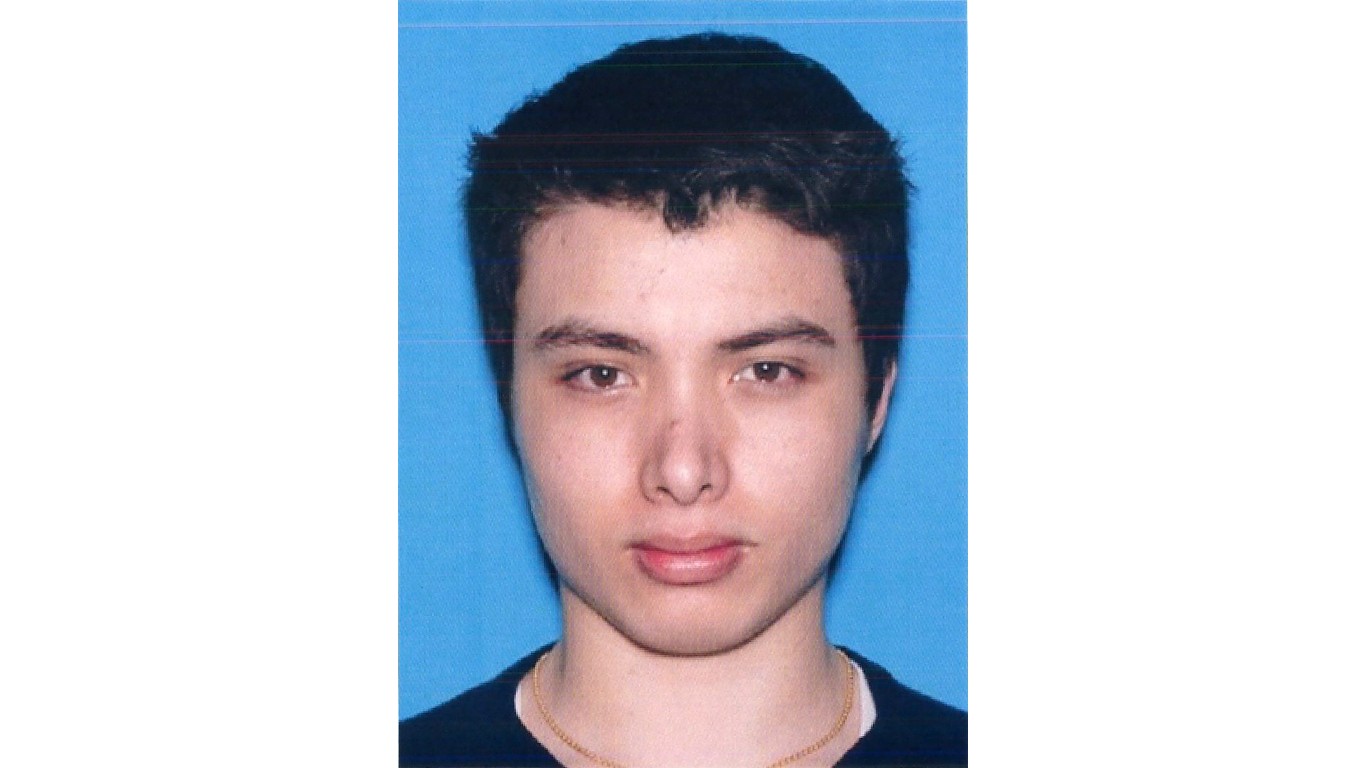
Male supremacist
Male supremacists tout the innate superiority of cisgender men and their right to subjugate women and trans people. Adherents view women as genetically inferior and believe that they should be reduced to their reproductive function. They believe they are victims of an oppressive feminist system and many openly advocate for, and sometimes commit, acts of physical and sexual violence. The ideology is widespread online and includes subgroups such as incels (meaning “involuntarily celibate” – those who blame women for their inability to form romantic or sexual relationships), self-style “pickup artists,” the primarily online group Men Going Their Own Way, and other so-called men’s rights activists.
Anti-Muslim
Anti-Muslim hate groups in the U.S. promulgate Islamophobia, broadly defaming Islam and claiming that Muslims pose a threat to the nation and democracy, fostering a climate of fear and intimidation. These groups, which emerged prominently after the Sept. 11, 2001 terrorist attacks, spread disinformation, prejudice, and conspiracy theories about Muslims and Islam, including the theory that Muslims aim to overthrow and replace Western civilization.
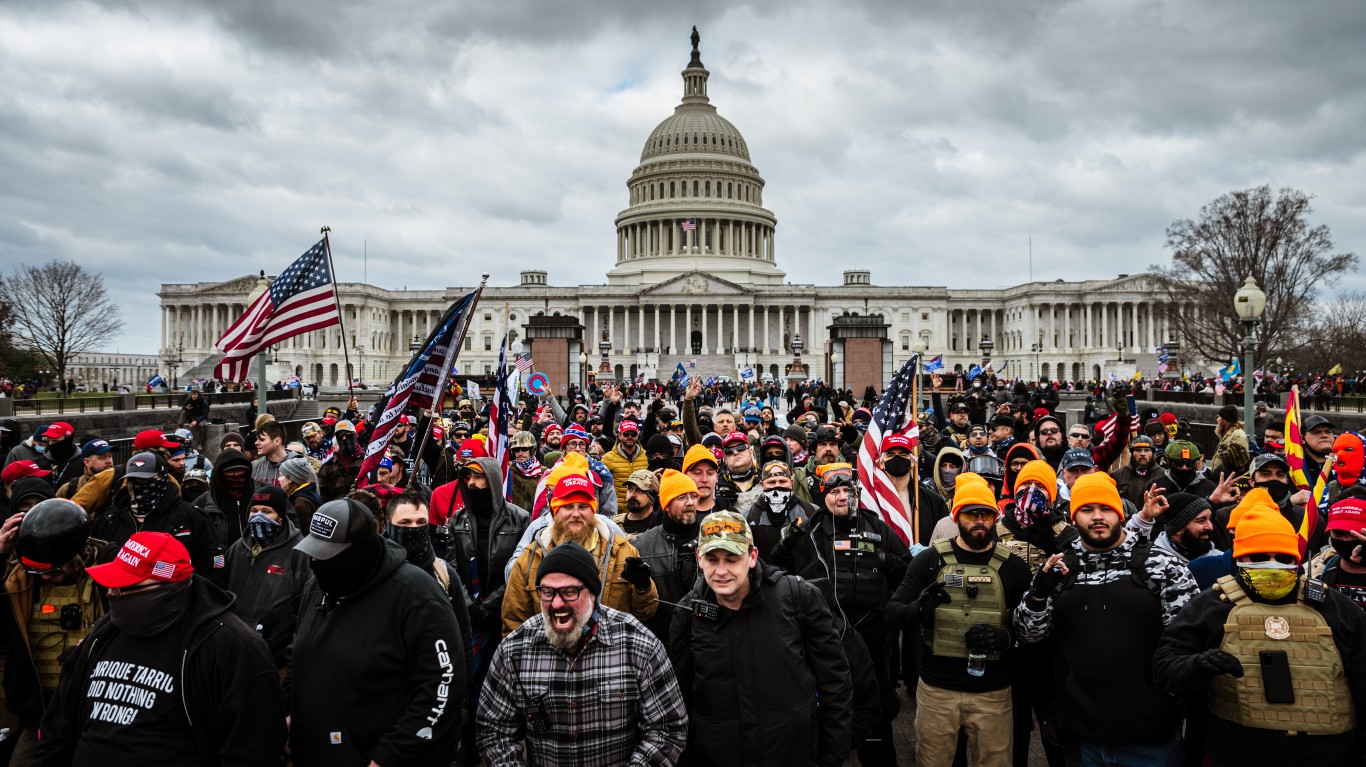
General hate
“General hate” – a catchall term that encompasses most of the other entries on this list – refers to widespread dislike of or prejudice against certain groups based on characteristics like race, religion, or nationality. This broad-range bigotry may target women, Muslims, immigrants, trans people, and people of color. One of the largest general hate groups in the U.S. is the Proud Boys, known for their anti-Muslim, anti-immigrant, and misogynistic beliefs; their support of ex-President Donald Trump; and their major role in the assault on the U.S. Capitol on Jan. 6, 2021 – for which a number of them have been given long jail terms.
[in-text-ad-2]
Neo-Confederate
Neo-Confederacy refers to a revisionist branch of American white nationalism that embraces symbols of the Confederate States of America, as well as the doctrines of nullification (which maintains that states have the right to nullify any federal law they consider unconstitutional) and the right of secession, specifically in the context of the antebellum South. The ideology, which rose to prominence in the late 20th and early 21st centuries, also incorporates advocacy for traditional gender roles, opposition to democracy and homosexuality, and promotion of white supremacy and segregation.
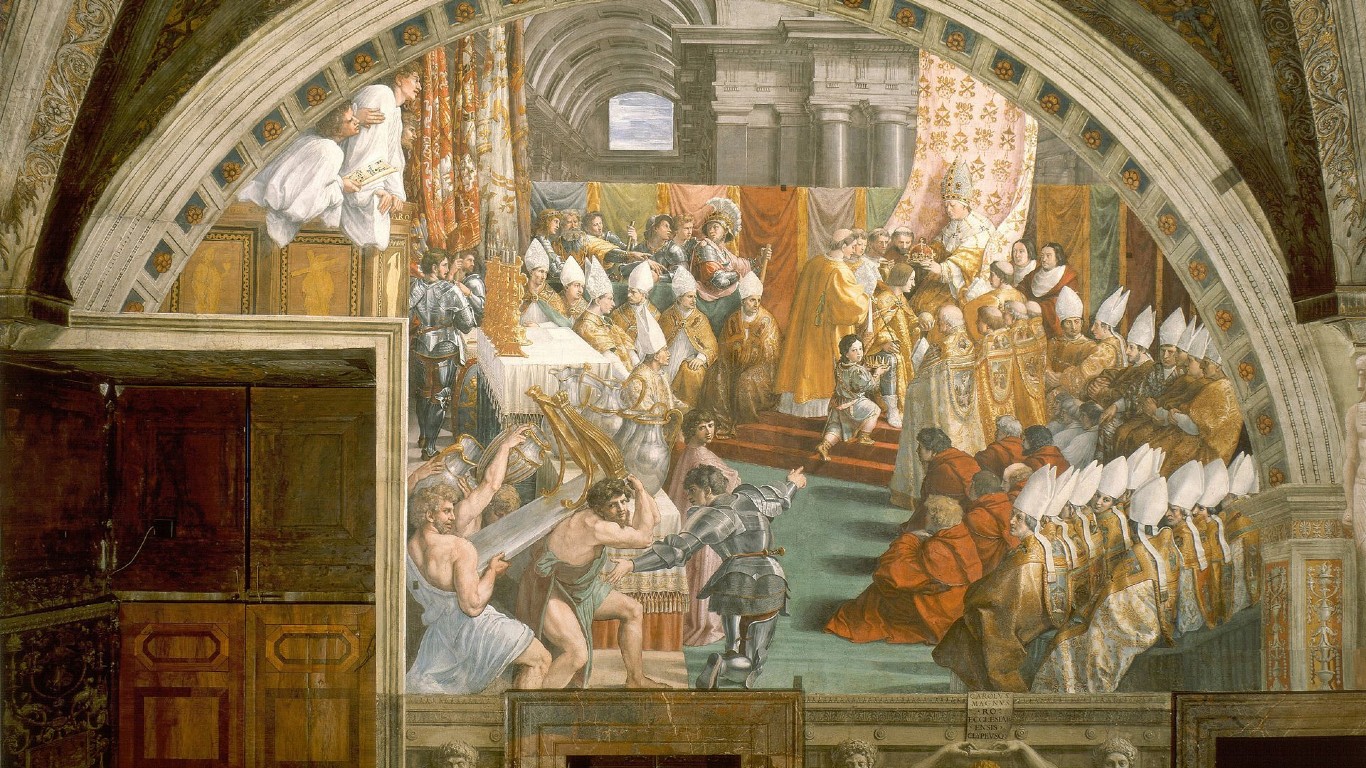
Radical traditional Catholic
Radical traditional Catholicism, or integrism, maintains that Catholicism is the rightful basis for laws and public policy, and espouses antisemitism, rejects the Vatican’s unifying efforts, and disapproves of recent popes. Their hatred of Jews stems from the concept of Jewish deicide – the longstanding belief that Jews are responsible for the crucifixion of Jesus, and will always collectively bear responsibility for the event. This group is also against the liberalizing reforms of the Second Vatican Council and holds conservative social ideals about women and gender roles.
[in-text-ad]
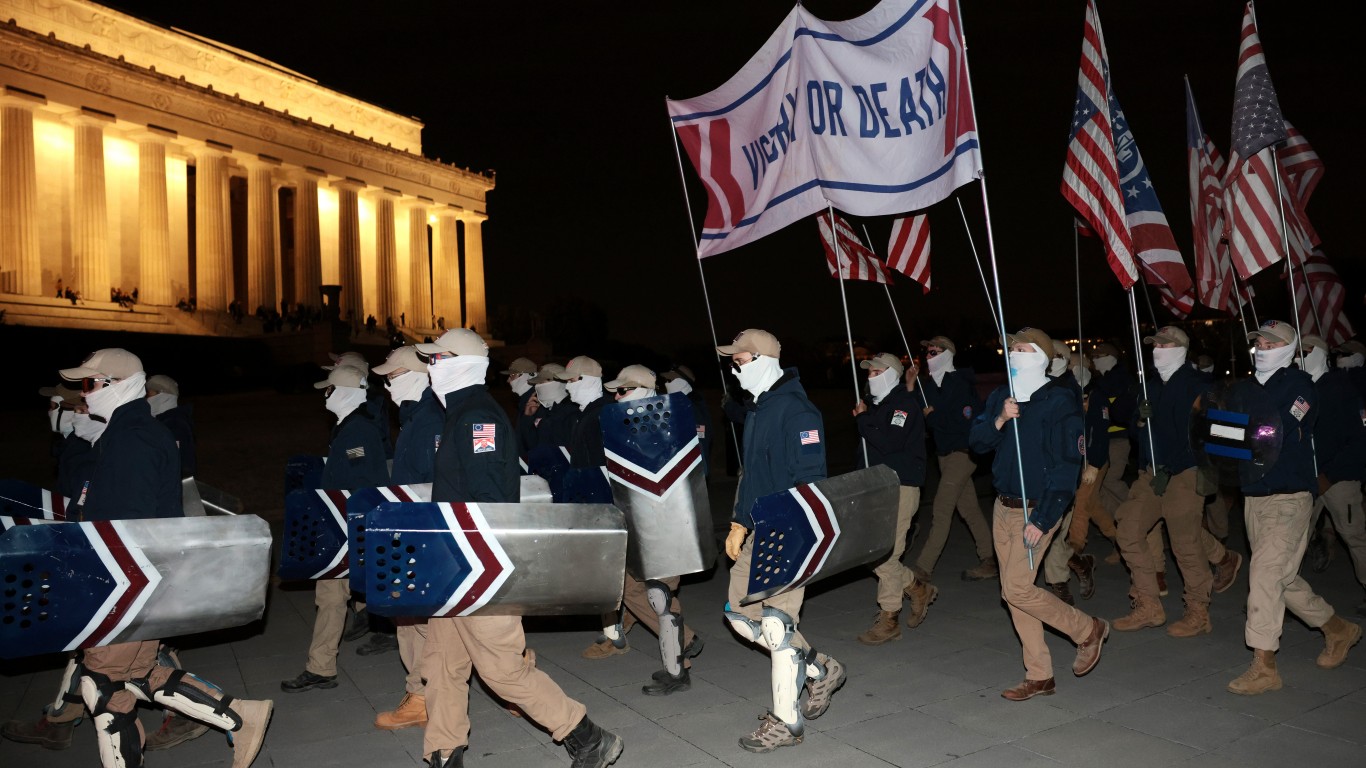
White nationalist
White nationalism – which overlaps with many of the other ideologies on this list – emphasizes white racial identity and advocates for the preservation of perceived white cultural and political dominance, based on a belief in the inferiority of other races. Its main goal is to establish a white ethnostate. Many white nationalists believe in the “great replacement theory,” which holds that ethnically white populations are being replaced by non-white groups – perhaps deliberately by “elites” who wish to wrest political power from the common man – and for that reason oppose immigration and espouse racial hatred.
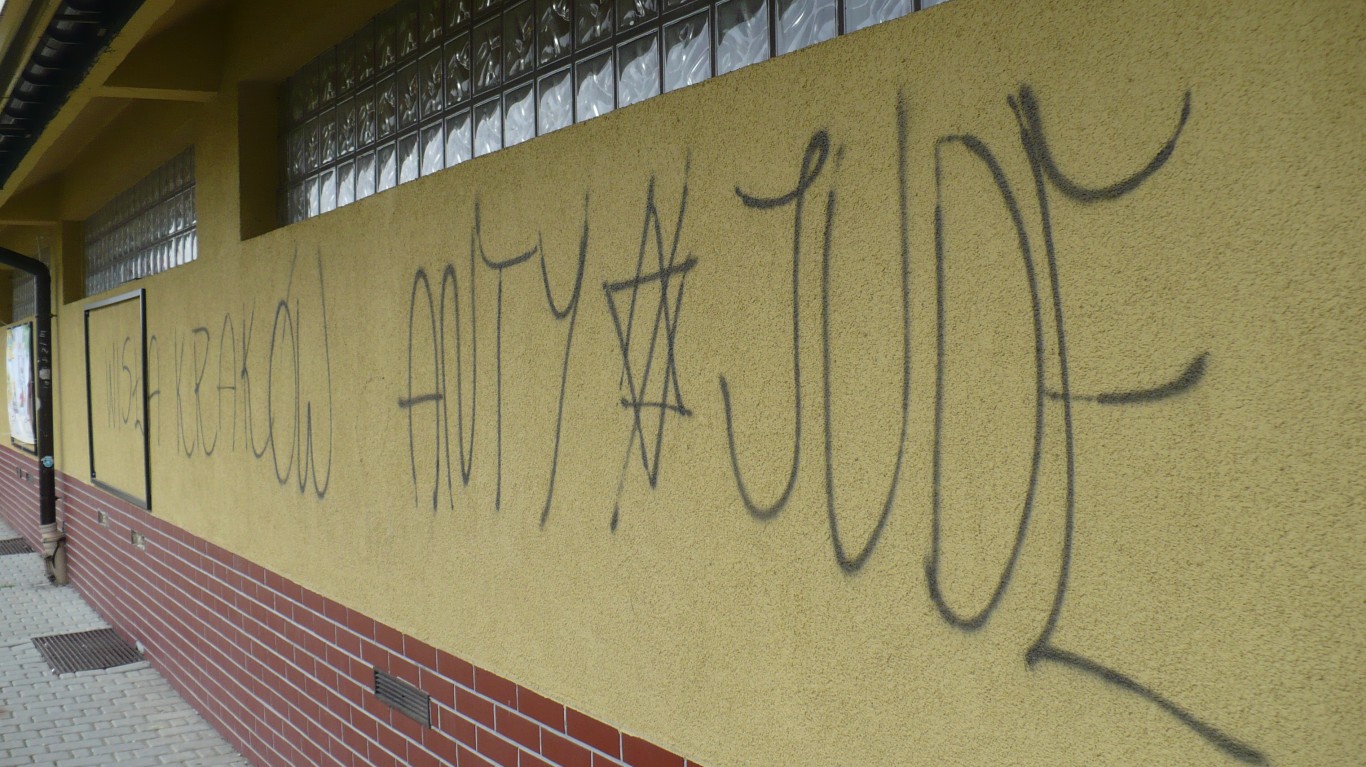
Antisemitic
Antisemitism is an ancient form of prejudice – some historians trace its origins back to the Assyrian or Babylonian empires – that targets Jewish individuals and communities, manifesting as hostility, discrimination, or violence. Much antisemitic ideology emphasizes a belief that powerful Jews are scheming for political and economic dominance – one common trope is that they “control the media” and thus influence what people believe about the world – and includes Holocaust denial. Antisemitism has led to horrific hate crimes and challenges the nation’s foundational principle of religious freedom.
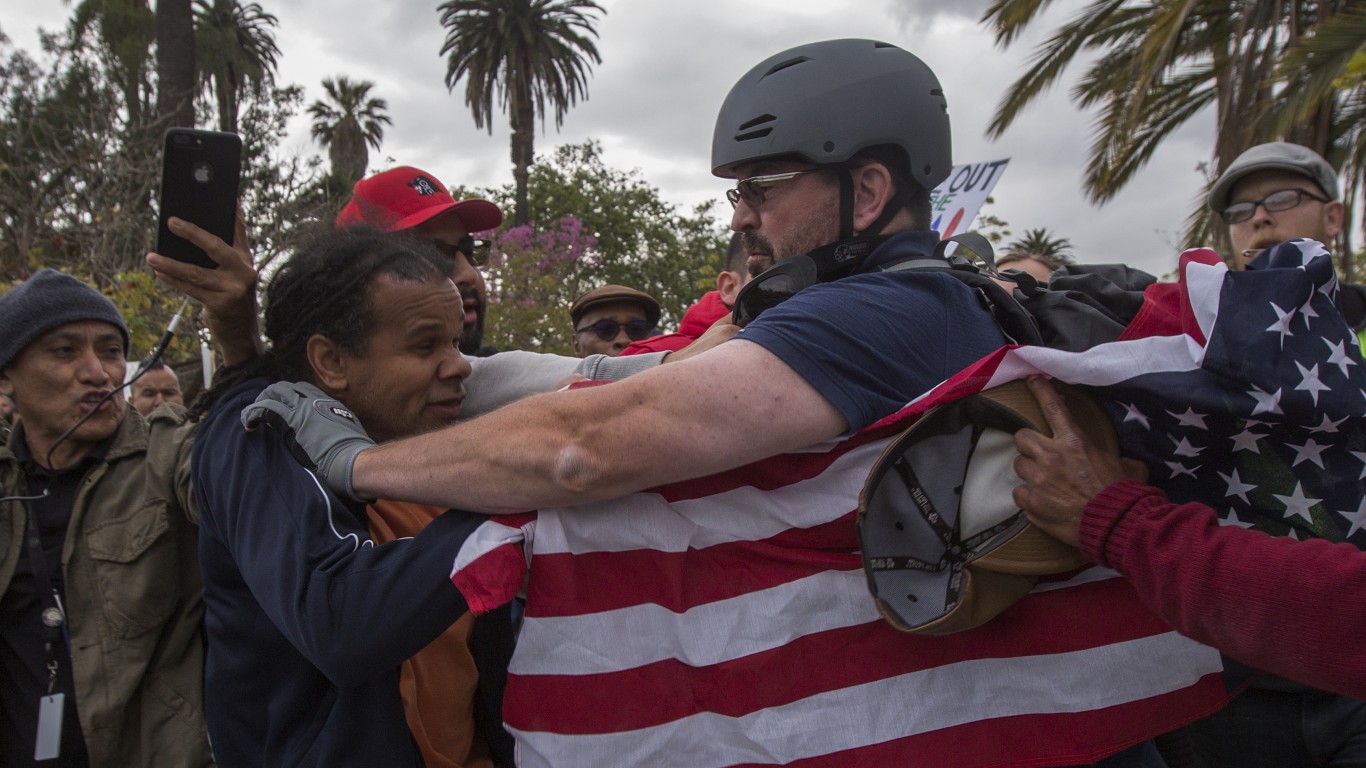
Anti-immigrant
Anti-immigrant sentiments typically manifest as hostility towards newcomers from other countries, especially those without legal documentation. Typically fueled by unfounded racial stereotypes and economic fears, anti-immigrant hate groups have proliferated in the U.S. since the late 1990s. Extremely nativist, they oppose immigrant-friendly policies, often using harmful rhetoric to vilify immigrants and spread xenophobic ideologies, and sometimes employing vigilante tactics to physically attack them. These groups lobby for strict immigration laws and have a significant influence on political and legal discourse around immigration.
[in-text-ad-2]
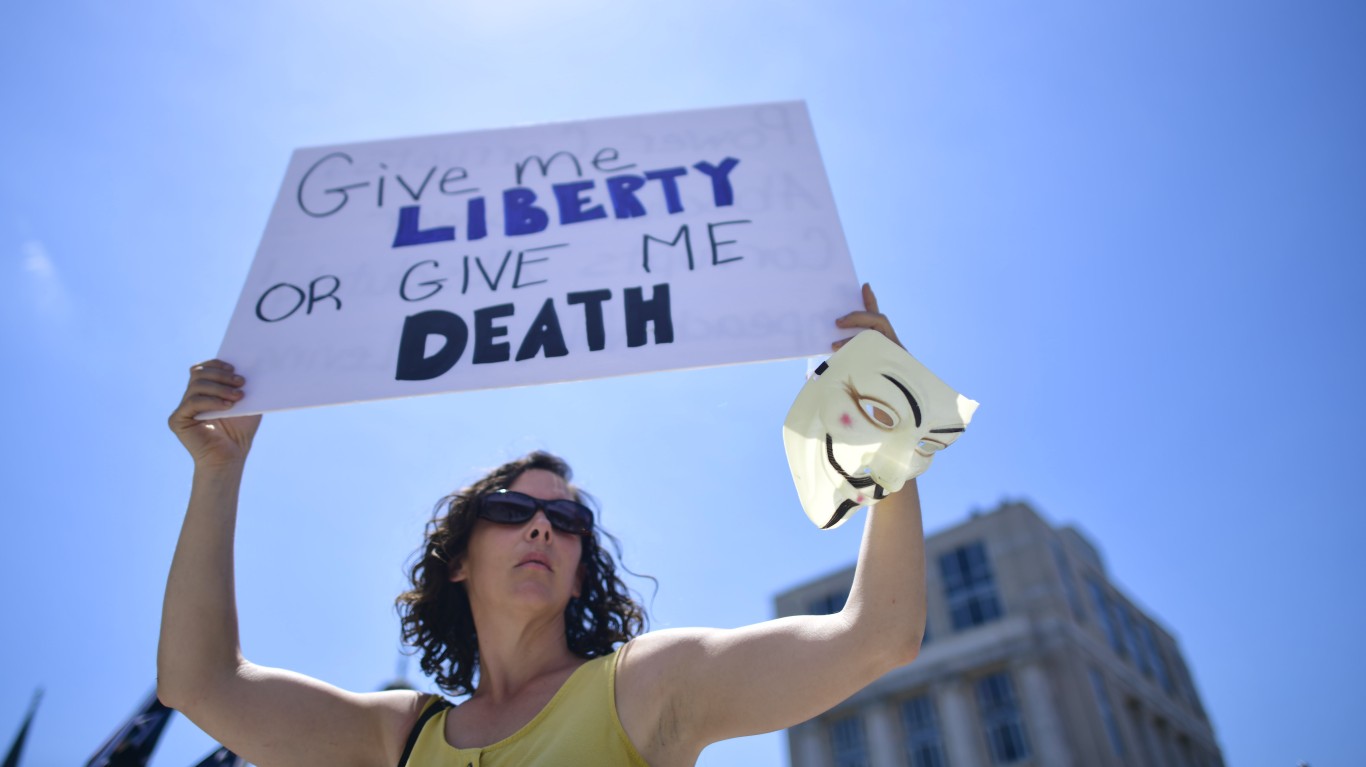
Anti-government
The anti-government movement in the United States, which again intersects with many other groups listed here, is characterized by antidemocratic, hard-right ideology and individuals who believe that the government is tyrannical and robs them of their “freedom.” Groups in the movement often spout conspiracy theories and may participate in violent confrontations and attempt to undermine democratic institutions. The movement can foster divisiveness, target minorities, and hinder constructive dialogue.
It’s Your Money, Your Future—Own It (sponsor)
Retirement can be daunting, but it doesn’t need to be.
Imagine having an expert in your corner to help you with your financial goals. Someone to help you determine if you’re ahead, behind, or right on track. With SmartAsset, that’s not just a dream—it’s reality. This free tool connects you with pre-screened financial advisors who work in your best interests. It’s quick, it’s easy, so take the leap today and start planning smarter!
Don’t waste another minute; get started right here and help your retirement dreams become a retirement reality.
Thank you for reading! Have some feedback for us?
Contact the 24/7 Wall St. editorial team.
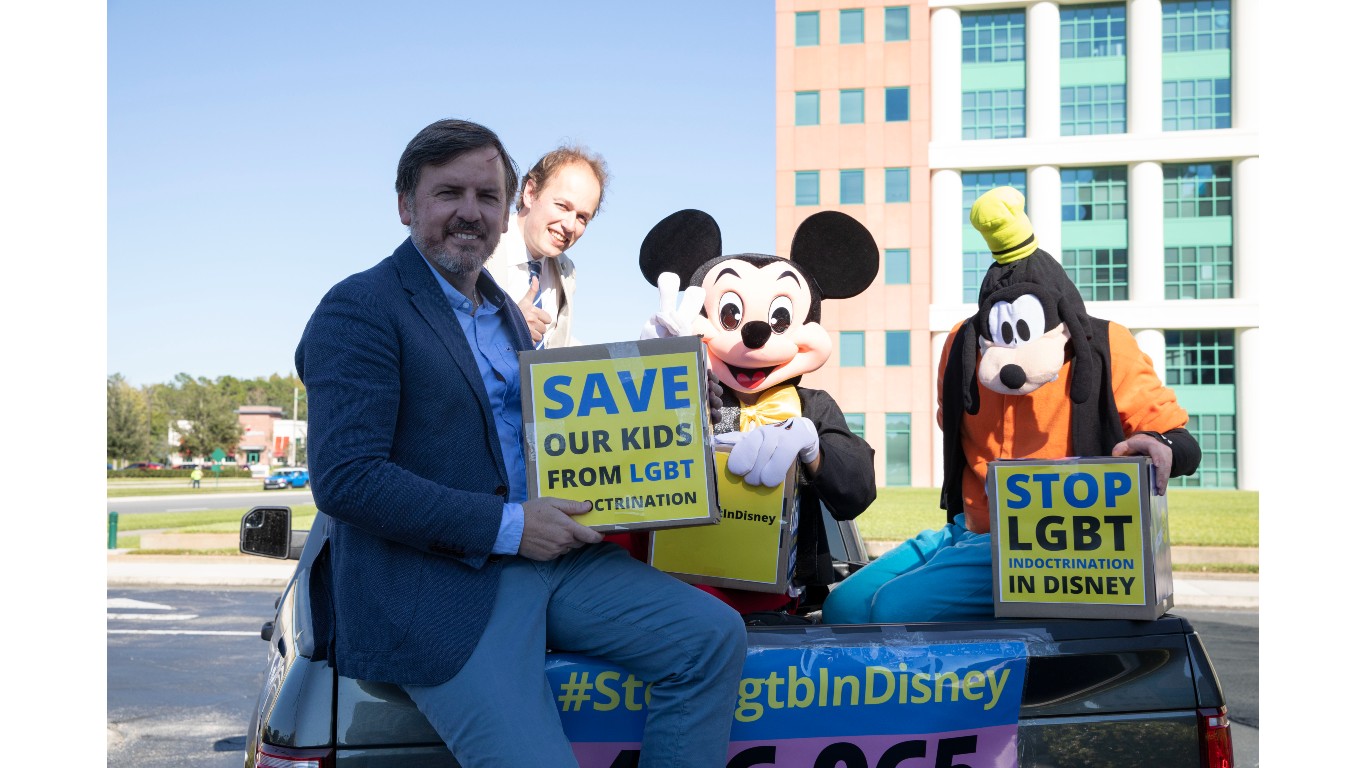
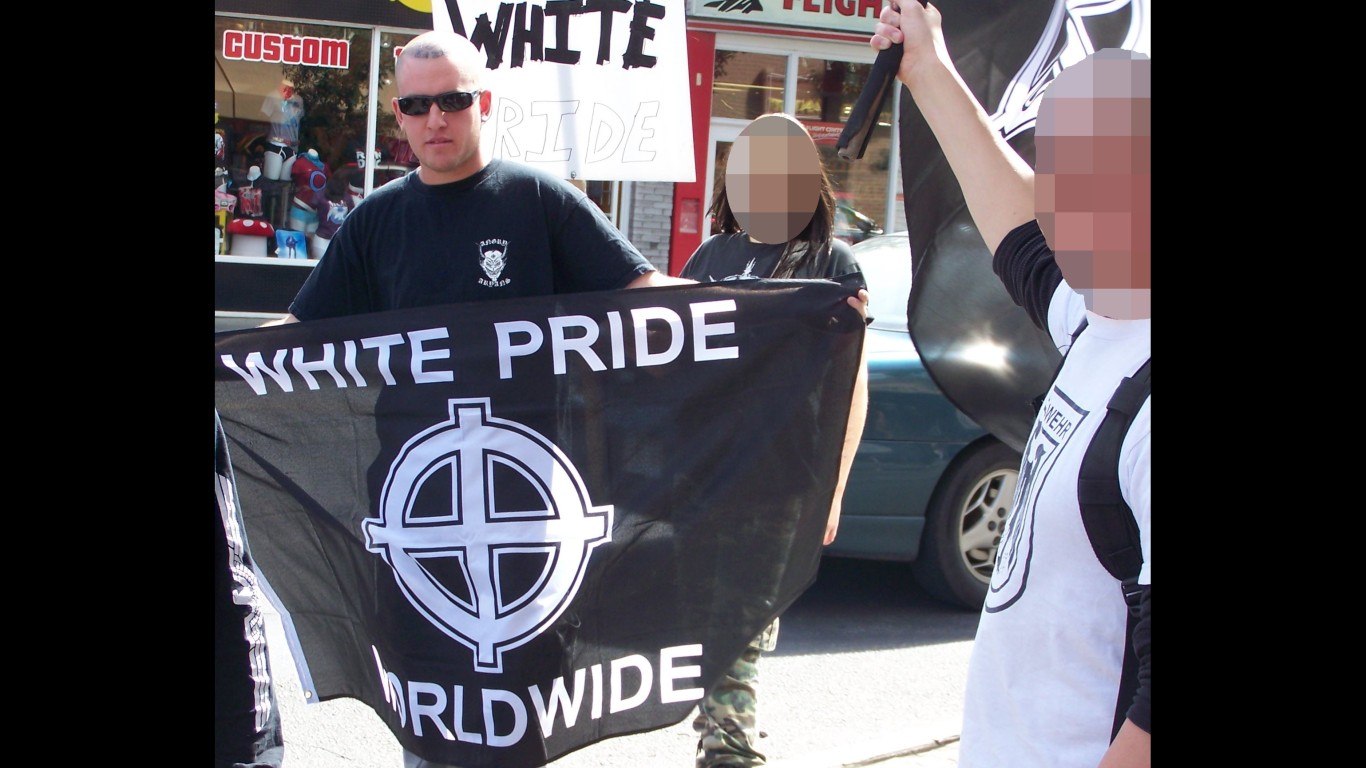
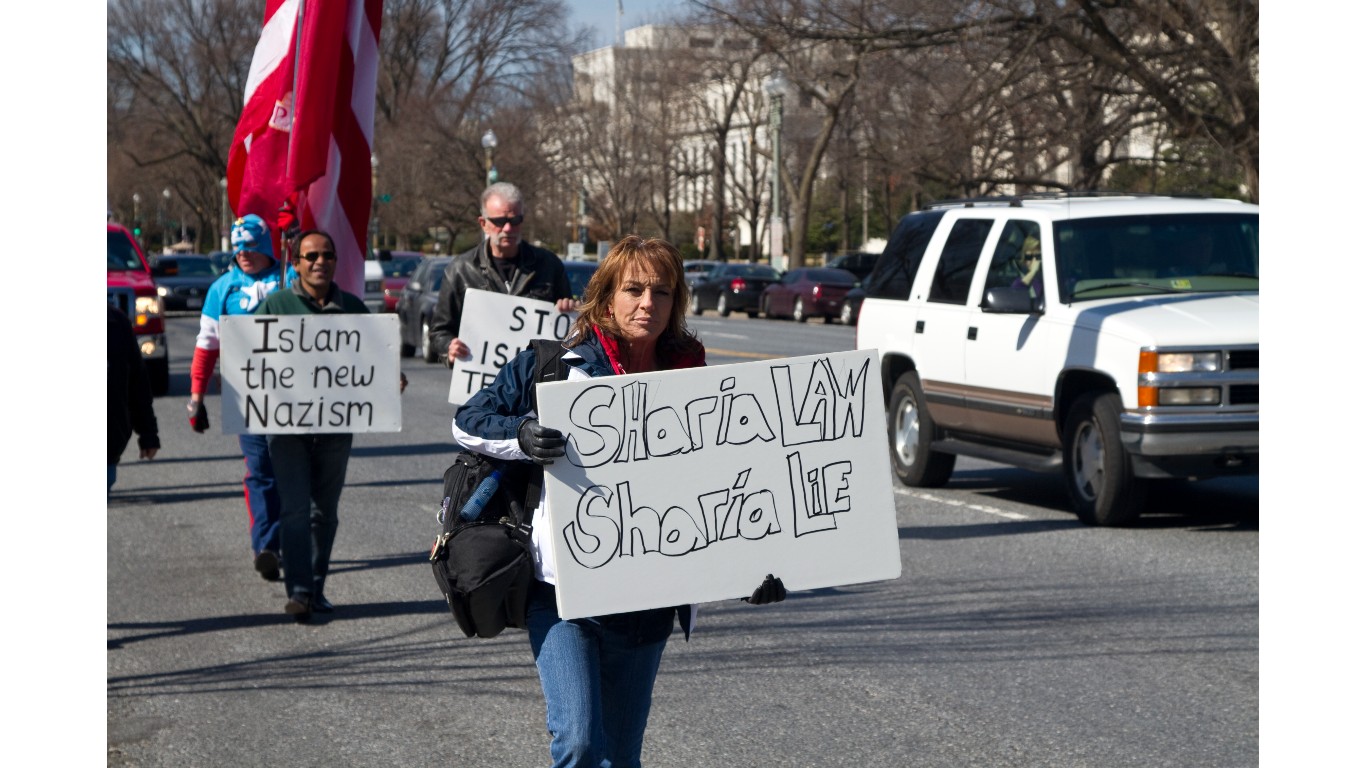
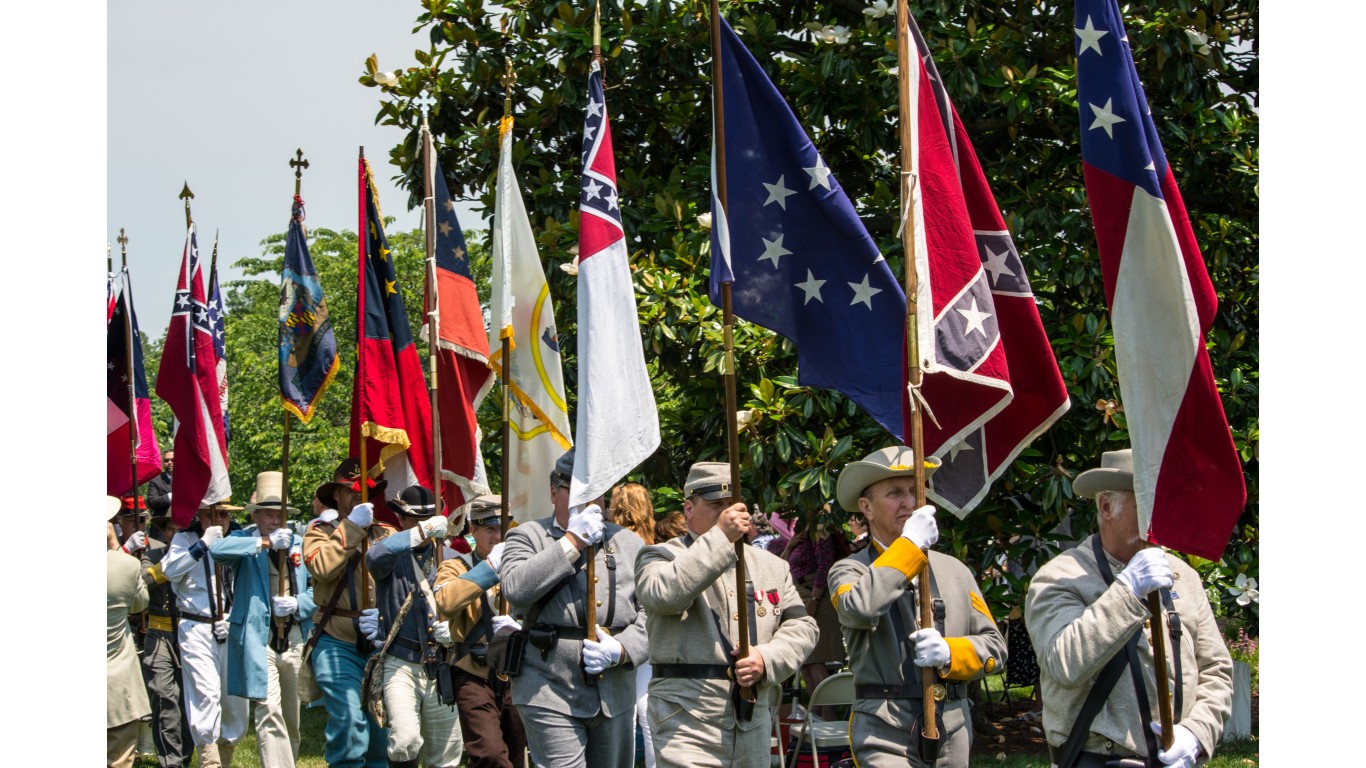
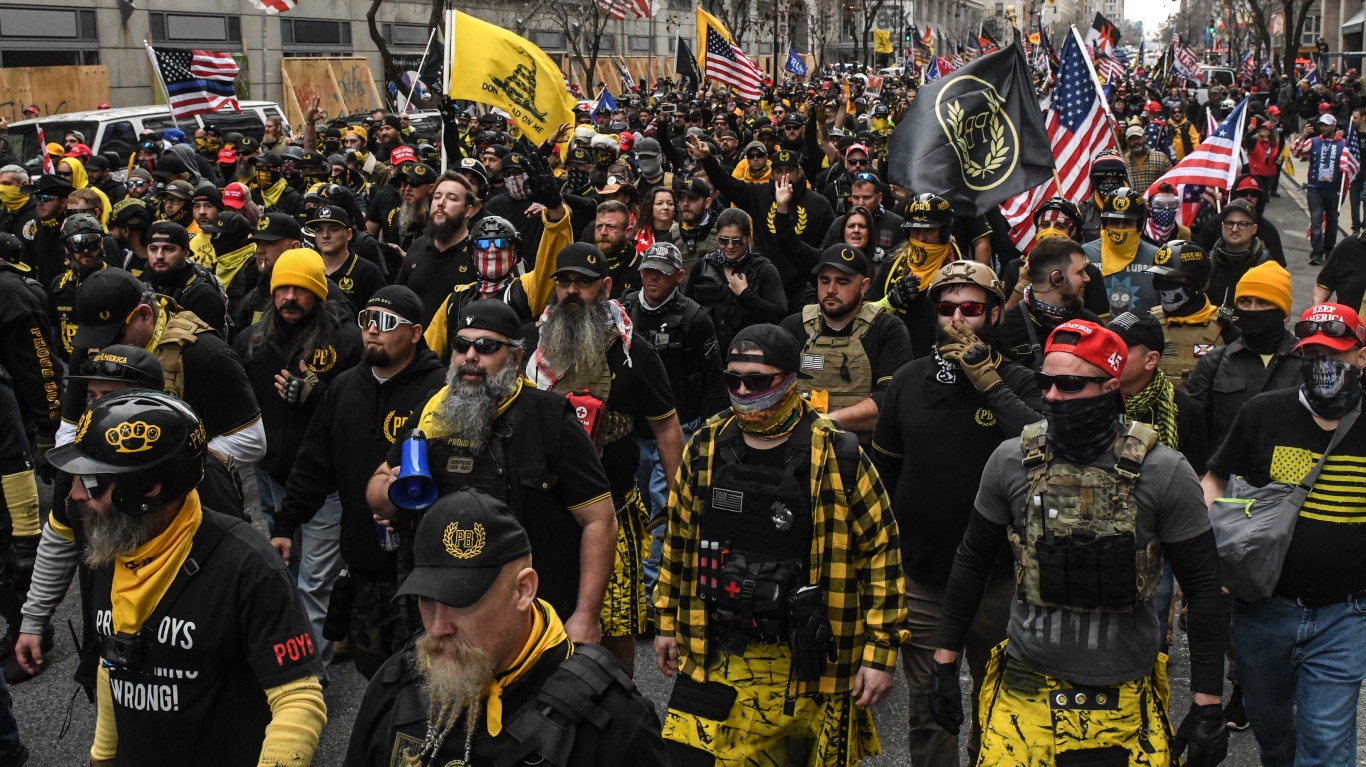 24/7 Wall St.
24/7 Wall St.